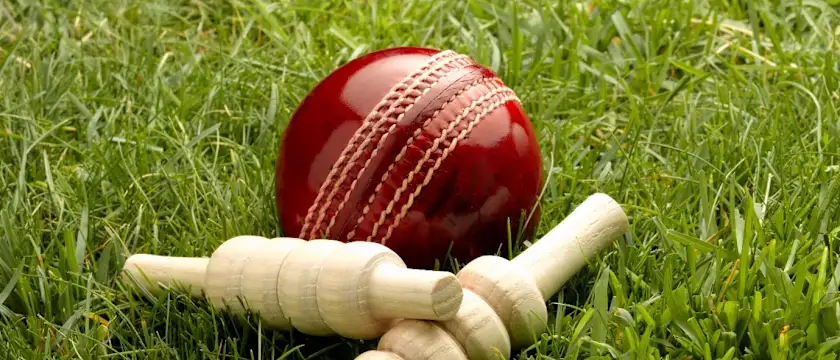Cricket's Commitment to Clean Sport: The 2024 Anti-Doping Review
ANTI-DOPING
Alongside India’s landmark victory in the ICC Men’s T20 World Cup and New Zealand securing their first ICC Women’s T20 World Cup title, 2024 also marked notable progress in cricket’s global anti-doping efforts.
In 2024, the ICC’s anti-doping programme focussed its efforts on a comprehensive review of its whereabouts system, leading to the implementation of a more fit for purpose, WADA-compliant programme on 1 July 2024. Testing efforts during the year resulted in a total of 524 samples, with 67% no-notice out-of-competition testing. 77% of these tests were on male players and 23% on female players. Testing was conducted across ICC events, bilateral series, and around some domestic competitions. Players within the International Registered Testing Pool (IRTP) were also tested based on the whereabouts information provided.
At the domestic level, a member survey indicated a total of 1094 doping control tests in 2024. These tests were conducted by National Anti-Doping Organisations (NADOs) and National Olympic Committees (NOCs). Of these tests, 60% were no-notice out-of-competition tests, with 21% of tests on female players and 79% on male players.
Education remained a key focus area in 2024. The ICC developed a dedicated resource to support Athlete Support Personnel (ASP) in better understanding their roles and responsibilities within the anti-doping framework. Members were encouraged to ensure that all teams participating in ICC Events had completed anti-doping education prior to the event.
All Full Members confirmed that in 2024, their players had received anti-doping education delivered mainly by NADOs during their pre-season. Furthermore, 42% of Associate Members had anti-doping education delivered to their teams by their NADO or their NOC either in the pre-season period or as part of preparations for an ICC Event. Efforts remain underway to ensure more Associate Members prioritise anti-doping education going forward.
In 2024, five anti-doping rule violations were recorded, all of which occurred in domestic cricket. The violations involved players from England, Sri Lanka, the West Indies, and New Zealand. Substances detected included cocaine, cannabis, and ostarine - an anabolic agent. One case pertained to the evasion of sample collection.
As 2025 progresses, the ICC continues to focus its efforts on broadening the reach of its education program, strengthening its testing strategies and enhancing its WADA compliance.

